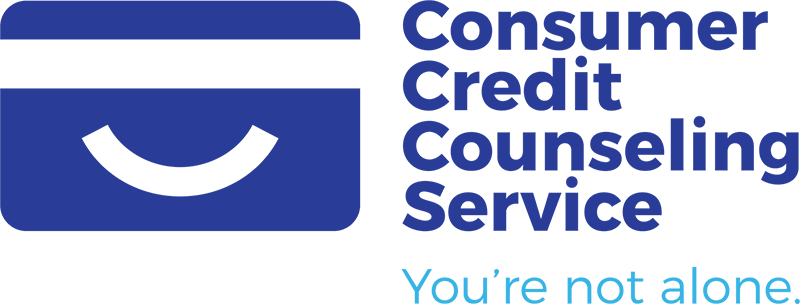Consumer Credit Counseling Service News Articles
Home » News Articles »
Household budgets are comprised of two types of expense: fixed and variable.
A fixed cost is an expense that does not change from one month to another. These are expenses that have to be paid. Think mortgage payment, rent, insurance, etc. But the exact money spent on clothing or ice cream varies wildly from one month to another. A variable cost.
But you CAN make changes to fixed costs. Then more money in the budget and more money in the bank..
Here are 10 tips that may reduce your fixed costs.?
- Buy/Rent a Smaller Home. Housing costs take up the largest percentage of a person’s income in most cases. Living in a smaller home offers opportunity to cut these fixed costs. Your largest expense offers the greatest opportunity.
- Avoid Car Payments. Best car advice: “Buy the most reliable car that you can purchase with cash, and then begin saving for your next vehicle. Sell your old one, add the cash you’ve saved, and upgrade.” Follow this advice and it can dramatically reduce one of your fixed costs.
- Double check recurring expenses. We call this “subscription scrub down” …but whatever you call it, take a hard look at your next credit card/bank statement searching for recurring monthly expenses (memberships, subscriptions, etc.) Are you still using them? Cancel any you no longer use. You monthly fixed costs will shrink IMMEDIATELY.
- Research Insurance Costs. An annual check of your insurance products is one of those recommendations that many consumers ignore. Especially if it’s been five or more years since you selected your insurance company, it’s worth the time investment to double check your premiums and compare products and other options.
- Take Your Lunch to Work. How much we spend on food can vary greatly. Reduce the fixed cost of your food bill by choosing to pack a sandwich for lunch rather than dining out. And guess what else? It’s usually healthier!
- Pay Off Your Credit Card Debt. Interest payments are like flushing dollars down the drain – you receive NOTHING for them. It is important to think thoroughly about the implications of taking on ANY loan. If you find yourself needing loaned money for consumer products (credit card debt), this is an interest payment that should be eliminated as quickly as possible.
- Stop Upgrading Your Phone. The monthly fees paid to cell phone providers have increased dramatically over time. Check other rates and options in your area. But a great way to lower your fixed costs in the long run is to stop upgrading your phone just because you are eligible. Use your existing phone until it dies rather than needing the new model just because your company of choice announced a new one.
- Cut Utility Bills at Home. According to some studies, the average consumer spends 7% of their annual income energy. Cutting utility bills may not seem significant, but reducing each, over the course of time, does result in substantial savings. Get a programmable thermostat, lower the temperature on your water heater, unplug unused electronics, cut cable, or better seal your home for cold or heat.
- Research Childcare Options in Your Area. Look into new childcare options that may have sprung up in your neighborhood. A few phone calls and some research, you may be able to lower your fixed costs significantly by enrolling in a new program.
- Ditch the Storage Unit. 10% of Americans rent offsite storage. In almost every case, it is simply not necessary. If your storage unit is simply storing stuff because you own too much for your space, get rid of it. Stop paying money to keep stuff you don’t need or use. Free your life of financial and mental burden today.
Need help discovering other fixed costs savings? We’re here to help!!
Holli Lewandowski, Certified Credit Counselor, Educator, and Advocate


